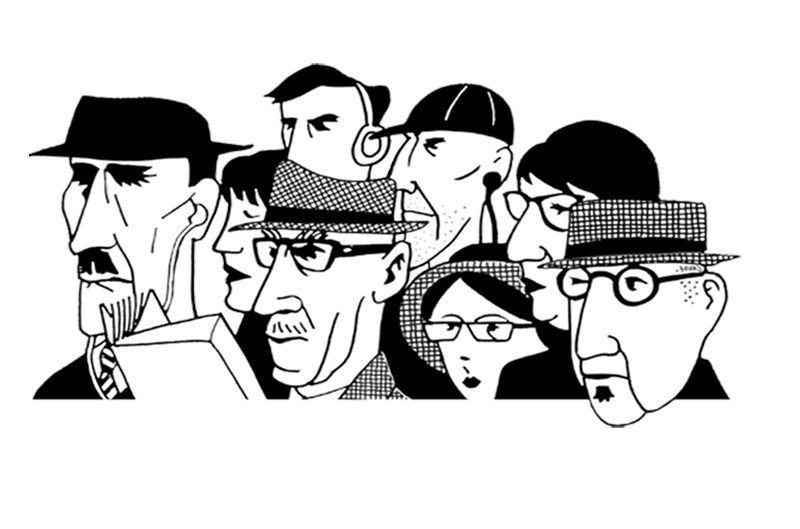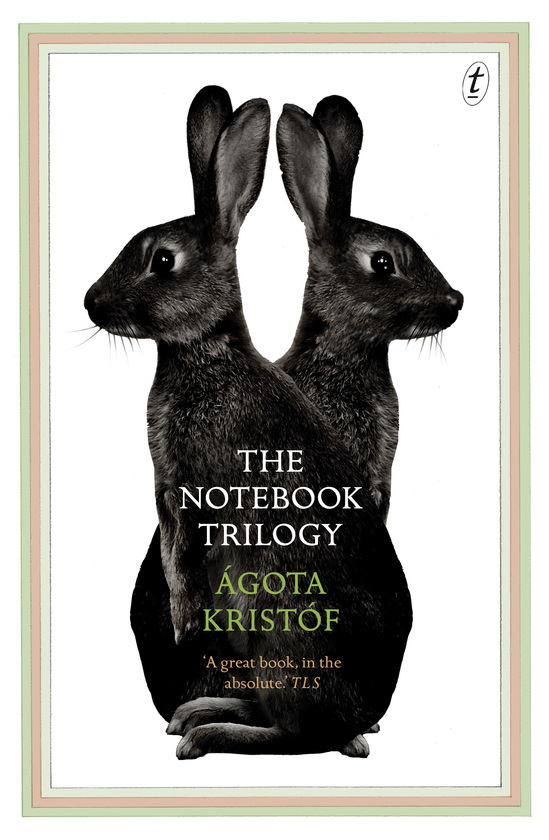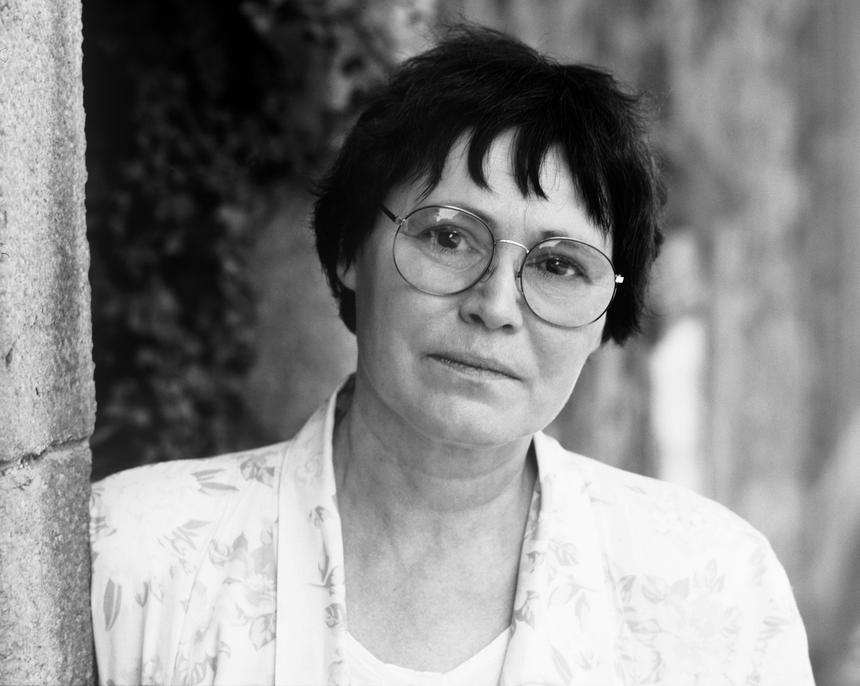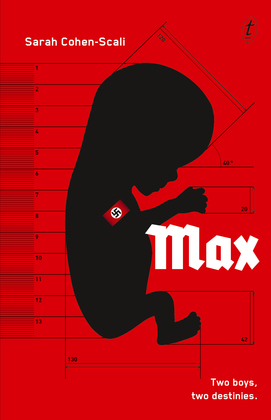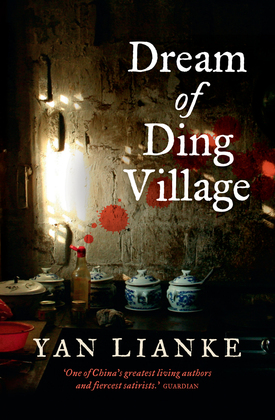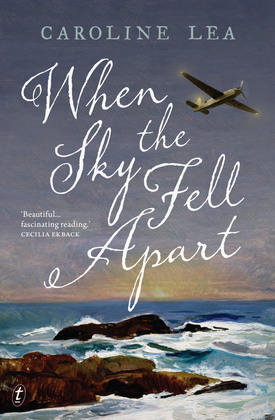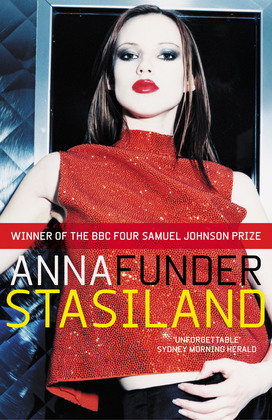The Notebook Trilogy: The Notebook, The Proof, The Third Lie
Ágota Kristóf
Translated by Alan Sheridan
Translated by David Watson
Translated by Marc Romano
The child says, ‘That’s the only difference between the dead and those who go away, isn’t it? Those who aren’t dead will return.’Lucas says, ‘But how do we know they aren’t dead when they’re away?’ ‘We can’t know.’
Claus and Lucas are twins. Their new life begins when they are left with their grandmother, the ‘Witch’, in a village in an occupied country. It’s wartime. All their actions are based on the necessity to survive. They create an exercise regime to toughen up, and record the results in a notebook. Their angelic looks are deceiving. They are implacable, dangerously ethical; their code of life demands that they help a deserter, or blackmail a priest, or come to the aid of a prostitute, or assist in a suicide. What motivates them is a deeply embedded morality of absolute need.
The trilogy—The Notebook (1986), The Proof (1988), and The Third Lie (1991)—follows their stories from the Second World War, through the years of communism and into a fractured Europe. In what could be seen as an allegory of post-war Europe, Claus and Lucas, locked in a tortuous bond, become separated and are isolated in different countries. They yearn to be connected again, but perspectives shift, memories diverge, identity becomes unstable.
Written in Kristof ’s spare, direct style, The Notebook Trilogy is an exploration of the aftereffects of trauma and of the nature of storytelling. Kristof’s language is both accessible and matter-of-fact, as well as odd and unsettling. The novels explore truth and lies, shaped by a breathtaking artistic vision that is shocking, fascinating and utterly memorable.
Read an extract from The Notebook Trilogy on our blog.
‘I don’t want to have a message. No [laughing], not at all. I don’t write like that. I wanted to say a little about my life. That’s how it all started. In The Notebook, it was my childhood that I wished to describe, what I saw with my brother Jeno. It is purely biographical.’ Read an interview with Ágota Kristóf at Music & Literature.
andThe Notebook Trilogy
‘An almost lyrical intensity…A fierce and disturbing novel.’
‘A haunting, harrowing tale that lingers in the imagination long after you’ve turned the last page.’
‘I found it profoundly disturbing, incredibly well-written, and extraordinarily brave. And the fact that it was written by a woman—it has a startling brutality and ferocity about the style that I find very inspiring.’
‘At the heart of this acrid trilogy, in all its studied understatement and lack of portentousness, we can feel the author’s slow-burning rage at the wholesale erasure of certainty and continuity in the world of her childhood and adolescence. At the same time we sense Kristof saturninely enjoying this annihilation for its imaginative potential. She will reassemble a shattered world on her own rigorous terms, and watch us wince and shudder in the process.’
‘In prose stripped to a bare yet powerful structure, this intense parable reveals the triumph of literature in a politically repressive state.’
‘The Notebook is a transfixing house of horrors.’
‘A dark study of the human psyche.’
‘Closing this chillingly unsentimental novel, I felt that it had contrived to say absolutely everything about the Second World War and its aftermath in Central Europe.’
‘A powerful reminder of the continuing consequences of war and the accommodations every human being makes to survive it, especially within their own psychology.’
‘These novellas are written with great restraint and horrors are noted in understated prose without dwelling on gruesome details. Kristóf’s trilogy suggests the supposed rage that people must feel when the authorised narrative doesn’t mesh with the lived reality.’
‘Wildly original in content and tone…The style is simple, almost a series of pronouncements, and the content is uncomfortable and unforgettable.’
‘An extraordinarily powerful work: taut, disciplined, laconic and profoundly unsettling…In The Notebook Trilogy Kristof achieved notable originality. The novel resembles almost nothing, at least in the kind of fiction familiar to English-language readers.’
‘So brilliant and brutal, and each subsequent book makes you go a bit crazy as you try to nut out how the new perspective fits with, or transforms, what you’ve already read about the events.’
‘With sharp phrases that seem to have been used for the first time…[this work reminds] us that the truth of the books lives entirely in their pages, outside of them there are only speculations, vain complaints and self-complacency.’

